Sarasota: the hub of southwest Florida’s Cultural Coast
detail of Ca’ d’Zan (House of John), John and Mable Ringling’s winter mansion in Sarasota, Florida
If you think Florida is just about beaches, palm trees and amusement parks, you haven’t been to the Sarasota area, the heart of southwest Florida’s Cultural Coast. Yes, palm trees sway, pelicans dive for fish, and dolphins play in the bay.
pelican, Sarasota, Florida
Great Blue Herons and Snowy Egrets wade in shallow water in search of their next meal.
Sarasota, Florida
And even if it is not the right time of year to see manatees in the bay you can see some of these friendly, slow moving creatures at Mote Aquarium.
manatee, Mote Aquarium, Sarasota, Florida
The barrier islands between Sarasota Bay and the Gulf of Mexico — Bird Key, Longboat Key, Anna Maria Island, Lido Key, Siesta Key — are renowned for their miles of sugar white sand. Siesta Beach won a Trip Advisor’s Travelers’ Choice Award for Best Beach in North America.
Siesta Key, Florida
Downtown Sarasota is a hub of cultural and community life. Classical and whimsical sculptures and colorfully painted benches are found throughout the vibrant historic area. High-rise condos and luxurious yachts line the harbor.
Sarasota, Florida
The purple Van Wezel Preforming Arts Hall is a landmark structure designed by Frank Lloyd Wright Foundation. Frank Lloyd Wright’s wife, Olgivanna, chose the color of a Japanese seashell for the striking exterior.
The Van Wezel Preforming Arts Hall, Sarasota, Florida
Banners around the city announce the latest A-list stars performing there.
banner announcing Lily Tomlin’s performance at the Van Wezel, Sarasota, Florida
Itzhak Perlman, the Moscow Ballet, Jay Leno, Carol Burnett, Stomp and Bernadette Peters are among the the 2018-2019 season performers.
The Van Wezel Preforming Arts Hall, Sarasota, Florida
Broadway musicals, the Sarasota and other world-class symphonies, dance groups, popular comedians, the Sarasota Ballet, and the Ringling Library Town Hall Lecture Series, and free Friday Fest concerts on the lawn all add to what makes Sarasota a cultural gem.
Saturday Farmer’s Market, Sarasota, Florida
Festivals and special events abound. The Saturday Farmers’ Market attracts crowds of people who also come to enjoy the unique shops. Restaurants and cafés buzz with activity both day and night.
Unconditional Surrender statue, Sarasota, Florida
The 26’ high Unconditional Surrender statue on Bayfront Drive was inspired by the famous photograph taken in Times Square at the end of World War II. Bayfront signs note friendly boating guidelines for protecting the manatees, sea turtles, and dolphins.
Relax with a snack or light meal by the former Selby home, Marie Selby Botanical Gardens, Sarasota, Florida.
Marie Selby Botanicals Gardens, a 8.5 acre tropical oasis and former home of oilman William and his wife Marie Selby, whose father invented oil industry tools, is on the other end of the road.
Marie Selby Botanical Gardens has the world’s most spectacular display of rare orchids and leads the world in the study of epiphytes, plants like the orchids, bromeliads, gesneriads and ferns that have adapted to live in the tree canopy.
epiphytes along a pathway in Marie Selby Botanical Gardens, Sarasota, Florida
They grow on another plant or tree without harming it and get nutrients and moisture from the air, rain and compost.
Marie Selby Botanical Gardens, Sarasota, Florida
The Selby Foundation created scholarships, helped fund New College and the Van Wezel and donated $500,000 for what became the Selby Library.
Selby Library, Sarasota, Florida
When you visit Sarasota the name Ringling seems to be everywhere — Ringling Boulevard, The John and Mable Ringling Museum of Art and Ringling College of Art and Design, to name a few.
Ringling Bv sign, Sarasota, Florida
John Ringling, King of the American Circus, loved the Sarasota area’s natural beauty so much that he built his 32 room waterfront mansion there in 1925 in the style of the palazzos that line the Venetian canals. He named it Ca’ d’Zan, or House of John, in the dialect of that city the Ringings so loved.
Ca’ d’Zan (House of John), John and Mable Ringling’s winter mansion in Sarasota, Florida
The Ringlings traveled throughout Europe to furnish it with art and antiquities from palaces and villas. They attended New York auctions and acquired art, furnishings and architectural features from prominent New Yorkers’ homes, including the Astor Mansion.
John and Mable Ringling Museum of Art, Sarasota, Florida
The extensive collection of Medieval and Renaissance art they acquired from William and Alva Vanderbilt’s Marble House in Newport, Rhode Island was on loan to Marble House in 2010 for a special exhibition.
interior, Ca’ d’Zan, the Ringling mansion, Sarasota, Florida
Ringing made Sarasota his winter circus headquarters in 1927. His circus performances in “Circus City” quickly became one of Florida’s top tourist attractions.
view from Ca’ d’Zan, the Ringling mansion, Sarasota, Florida
John and his brother Charles owned about a quarter of Sarasota, including most of the keys, during the Roaring 20s land boom. There were plans for making Sarasota a grand winter resort and center of the arts, culture, and education.
sunset event at the Ringling mansion, Sarasota. Florida
Circus elephants hauled the enormous timbers needed to build a causeway connecting the keys to the mainland. Ringling built the upscale shopping area, Harding Circle, now the popular St. Armands Circle, with his wife in mind. Streets radiating from the circle were part of Ringling Estates. $1 million worth of its residential lots were sold the first day.
St. Armand’s Circle Art Festival, Sarasota, Florida
Ringling built the twenty-one gallery John and Mable Ringling Museum of Art on his property in 1927 as their legacy.
He also planned to build a Ritz Carlton on Longboat Key and a winter White House on Bird Key for his friend President Warren Harding.
John and Mable Ringing Museum of Art courtyard, Sarasota, Florida
Then mounting personal tragedies combined with the Great Depression brought things to a halt.
Harding died in 1923. Charles, John Ringling’s last surviving brother, died in 1926. The Florida land boom went bust. And then there was the most devastating blow of all. Mable Ringling died on June 8, 1929 at age 54.
photo of John Ringling, Sarasota, Florida
The stock market crashed on October 29, 1929. Ringling’s second marriage to the much younger Emily Haag Buck failed.
Ringling died of pneumonia in 1936 at age 70 at his Park Avenue, New York home. Deep in debt and with $311 in his bank account, he preserved the John and Mable Ringling Museum of Art by willing his estate and a $1.2 million endowment to the State of Florida. The will prevailed over the legal challenges by creditors.
Asolo Repertory Theater, Sarasota, Florida
It is now Florida’s official state art museum. Its affiliation with Florida State University makes it part of the nation’s largest museum/university complex.
The grounds include the Asolo Repertory Theatre. It began with an 18th-century theater acquired from Asolo, Italy by the John and Mable Ringling Museum of Art. It now stages up to 15 performances a season.
Circus Museum, Sarasota, Florida
The Ringling’s Circus Museum houses memorabilia including parade cars from the traveling circus, costumes, and artifacts like Lou Jacobs’ clown car and the Zacchini’s human cannonball machine.
Zacchini’s Cannon, Circus Museum, Sarasota, Florida
Howard C. Tibbals’ finely detailed 44,000-piece model depicts the spectacle of the circus coming to town. It is the largest in the world and should not be missed.
Howard C. Tibbals’ miniature circus, Circus Museum, Sarasota, Florida
Circus families, including animal trainers Clyde Beatty and Gunther Gebel-Williams, the Zacchini Human Cannonballs, clowns like Lou Jacobs and Emmett Kelly, and the highwire-walking Wallenda family, lived in Sarasota.
Nik Wallenda, Circus Sarasota, Sarasota, Florida
Many descendants of the original circus families still live in Sarasota and carry on the tradition today. Aerialists Dolly Jacobs, daughter of Lou Jacobs, one of the most famous clowns in the world, and her husband, Pedro Reis, founded the Circus Arts Conservatory to preserve Sarasota’s circus legacy and feature the best in circus arts.
Dolly Jacobs, Nik Wallenda and others, Circus Sarasota, Sarasota, Florida
In addition to their circus performances there are educational programs and community outreach programs.
Circus Arts Conservatory, Circus Sarasota, Sarasota, Florida
Sarasota has galleries galore, ten theaters, orchestra, ballet, opera house, antique shops, museums, festivals and fairs, academic institutions, flourishing Amish and Mennonite community as well as many examples of the circus arts.
Sarasota Opera House, Sarasota, Florida
Florida Studio Theater, Sarasota, Florida
Visitors and locals alike flock to the over 100 fine shops and popular restaurants at St. Armand’s Circle and to the Ringling grounds for special events.
Companies like like LeBarge Tropical Tours offer narrated sightseeing and wildlife sighting cruises, asking by the yachts and mansions of the rich and famous who choose to live here.
What a legacy! Sarasota with its sunshine, warm winters and natural beauty did indeed become the prime residential, arts, culture, and vacation and education center Ringling envisioned.

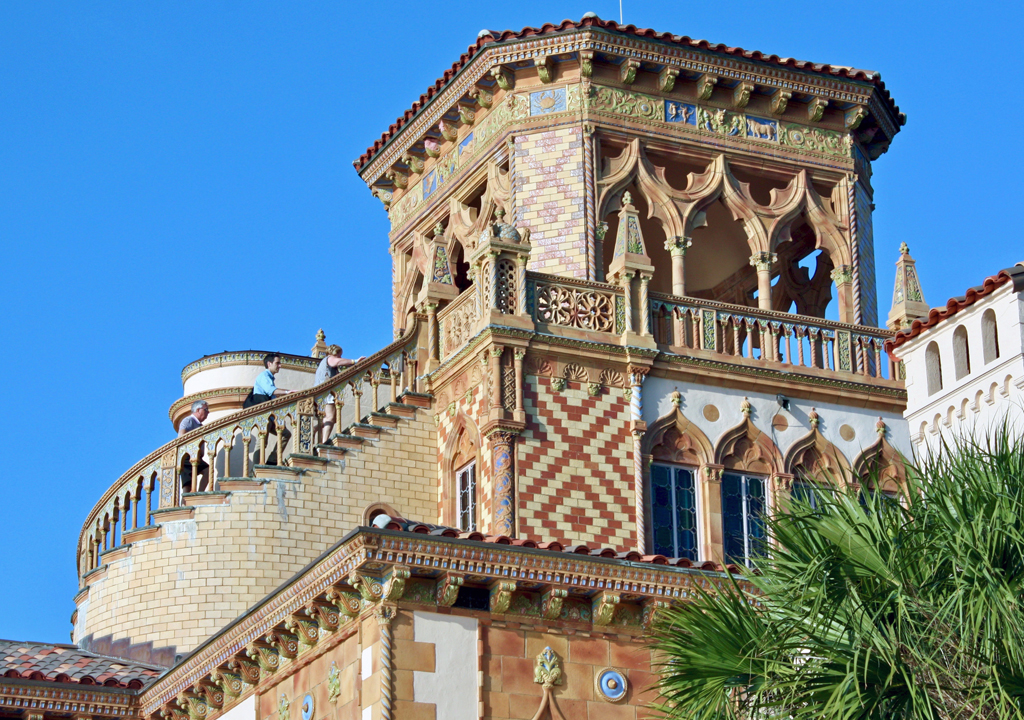
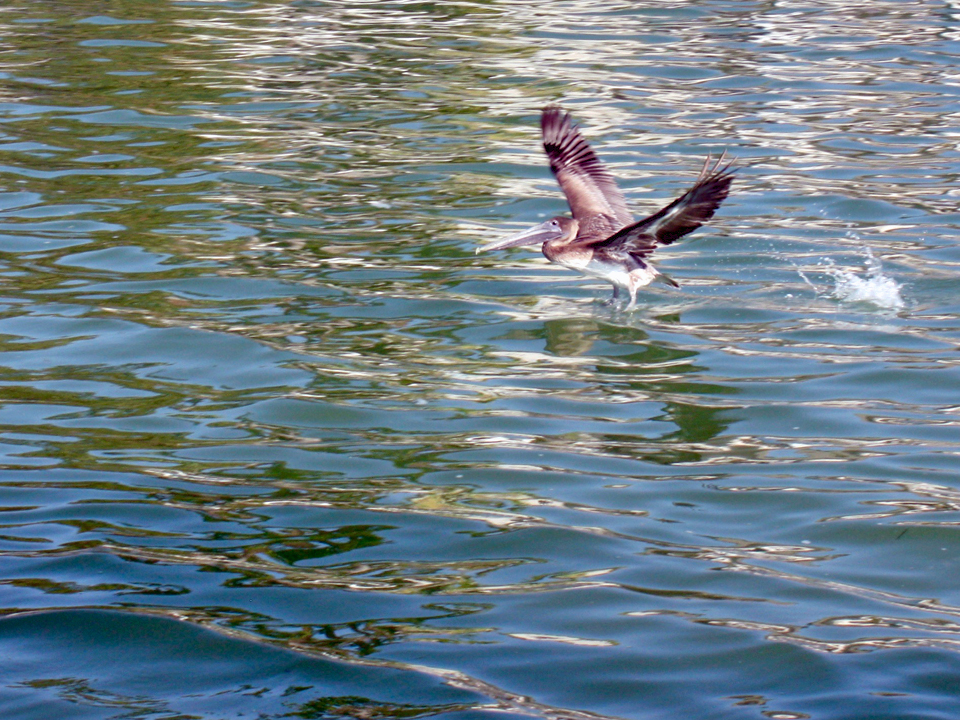
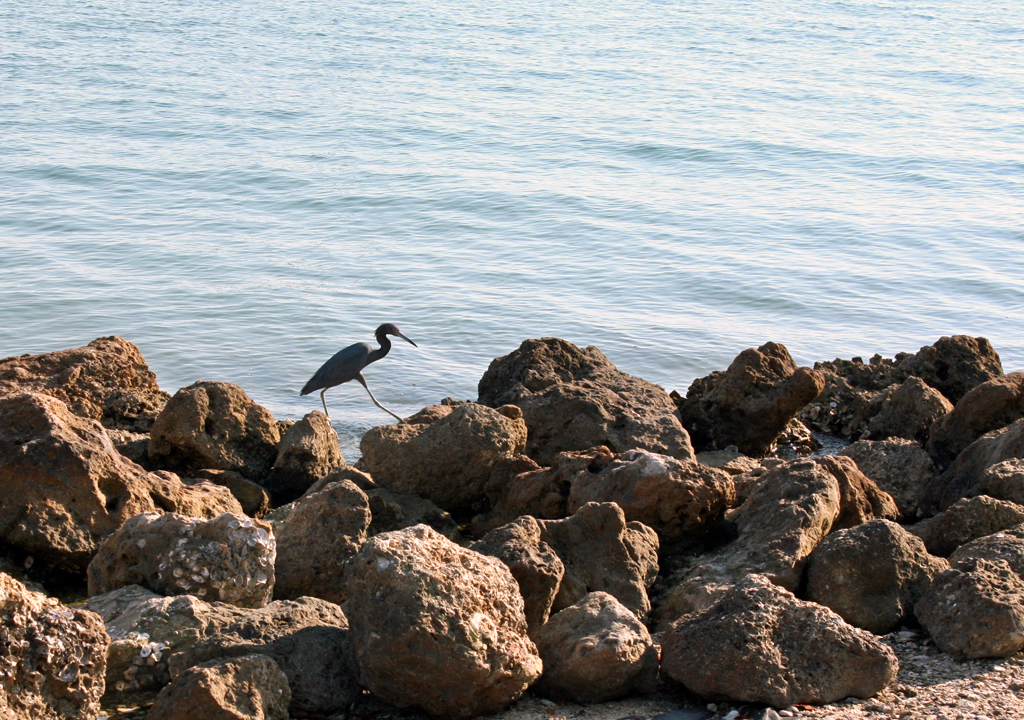
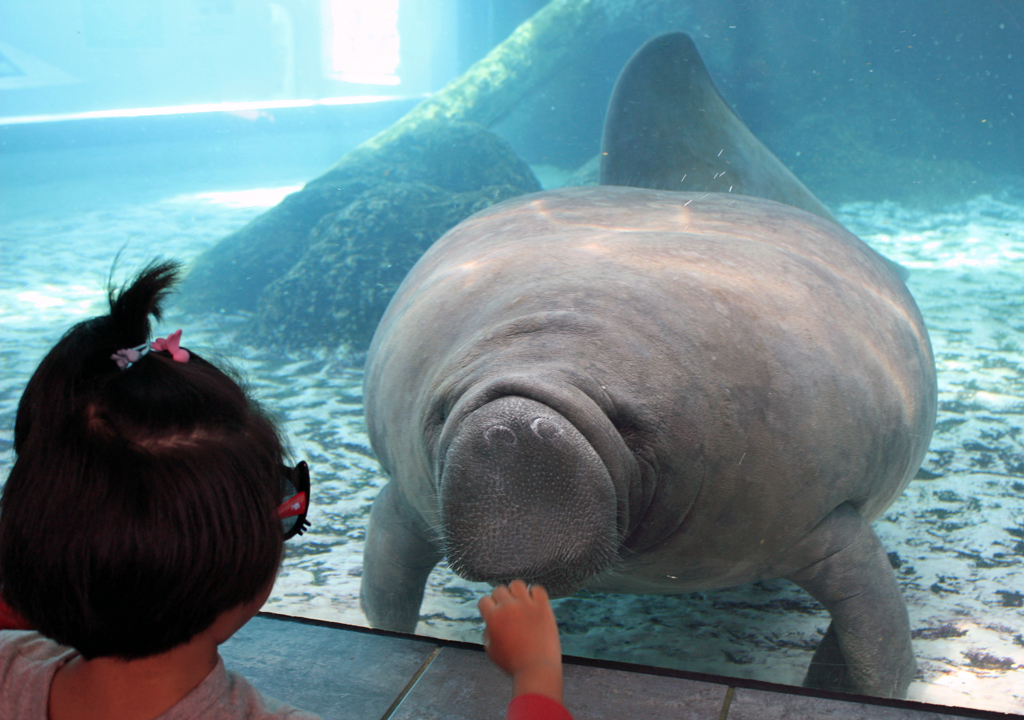

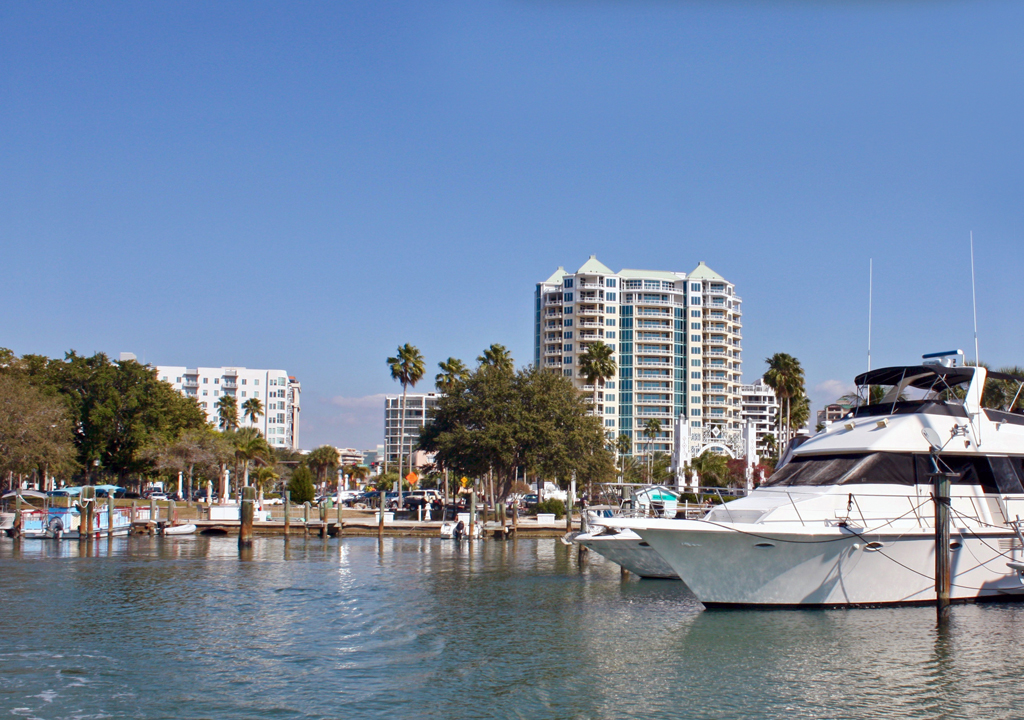
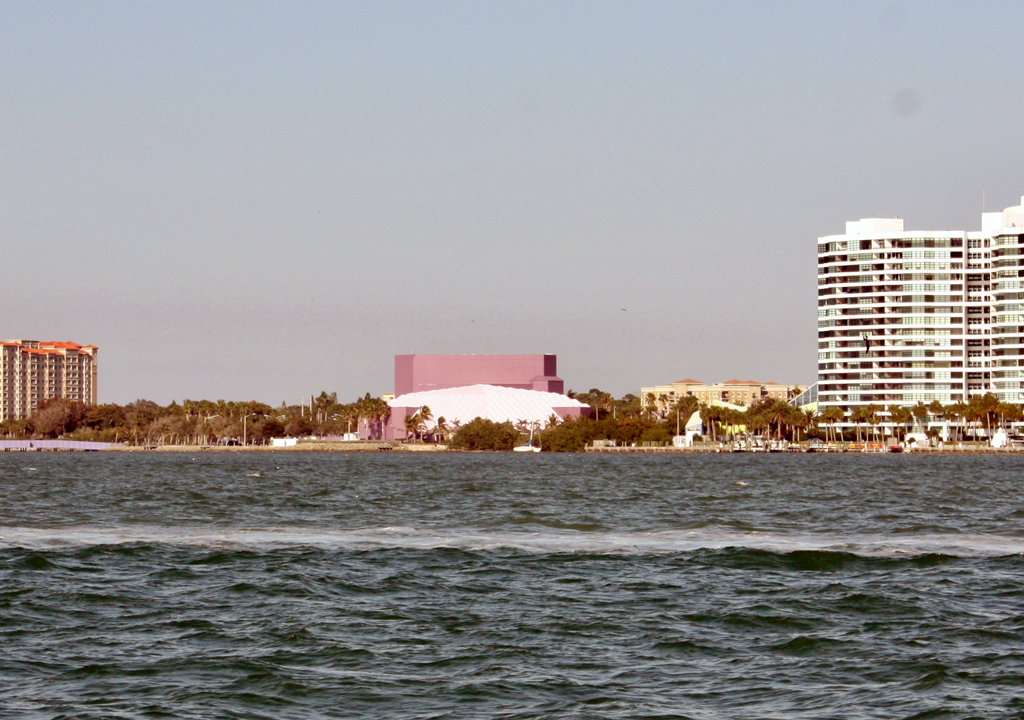
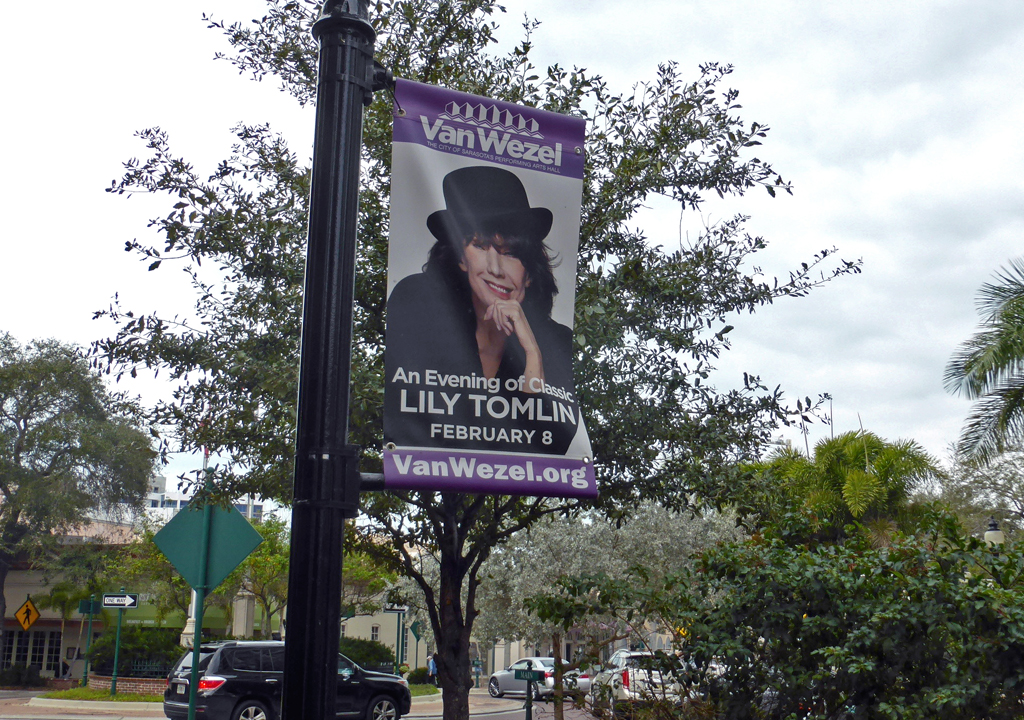
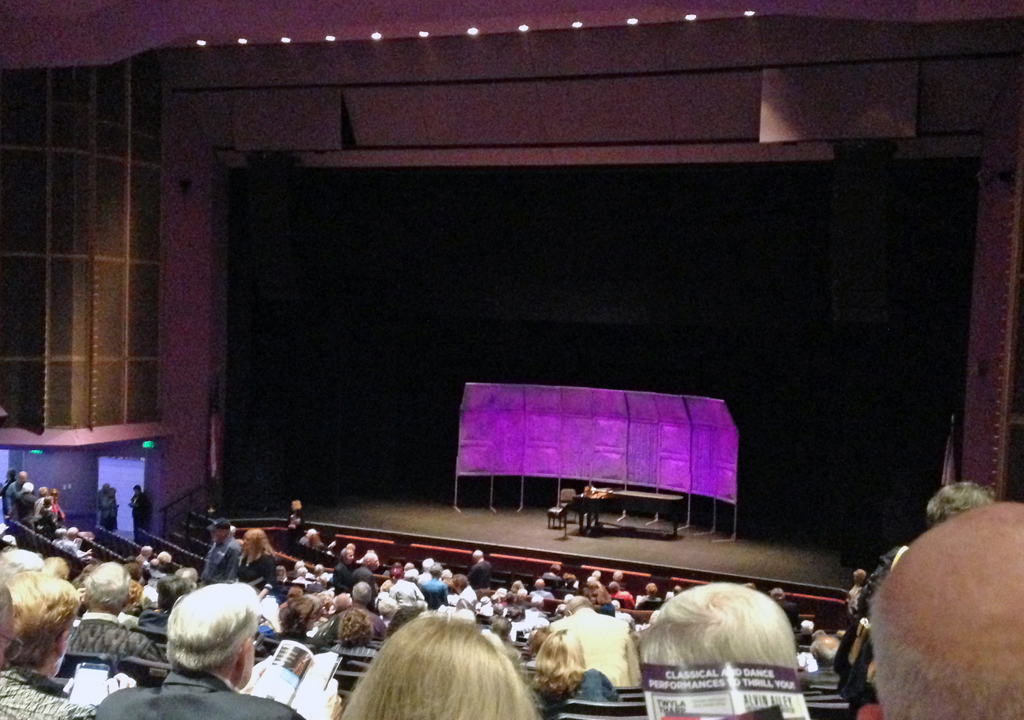
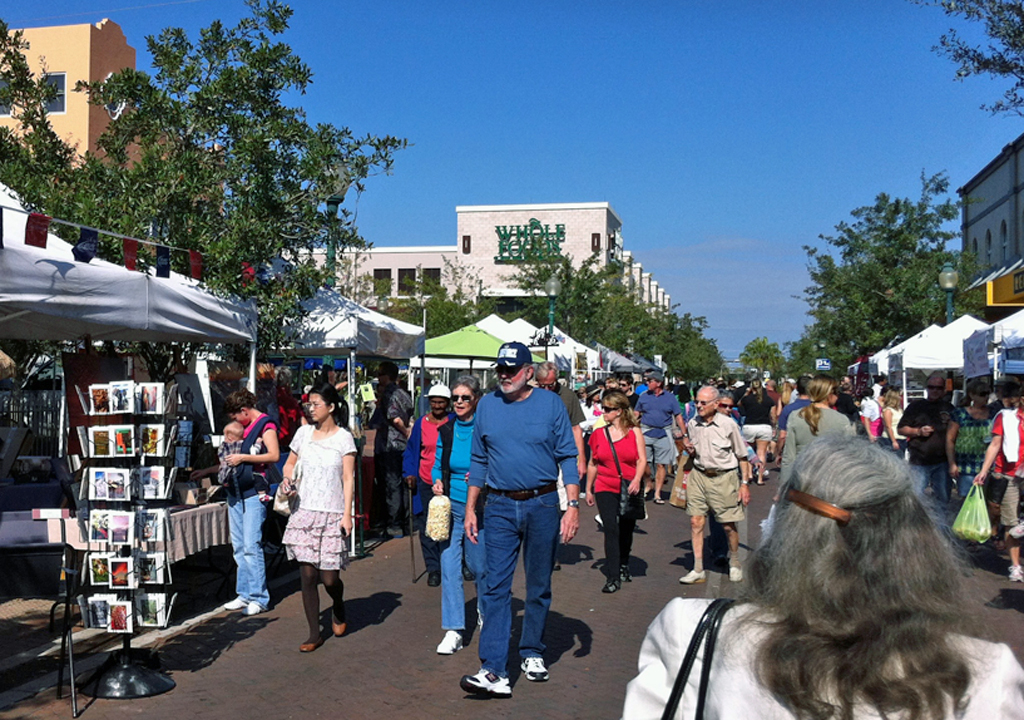
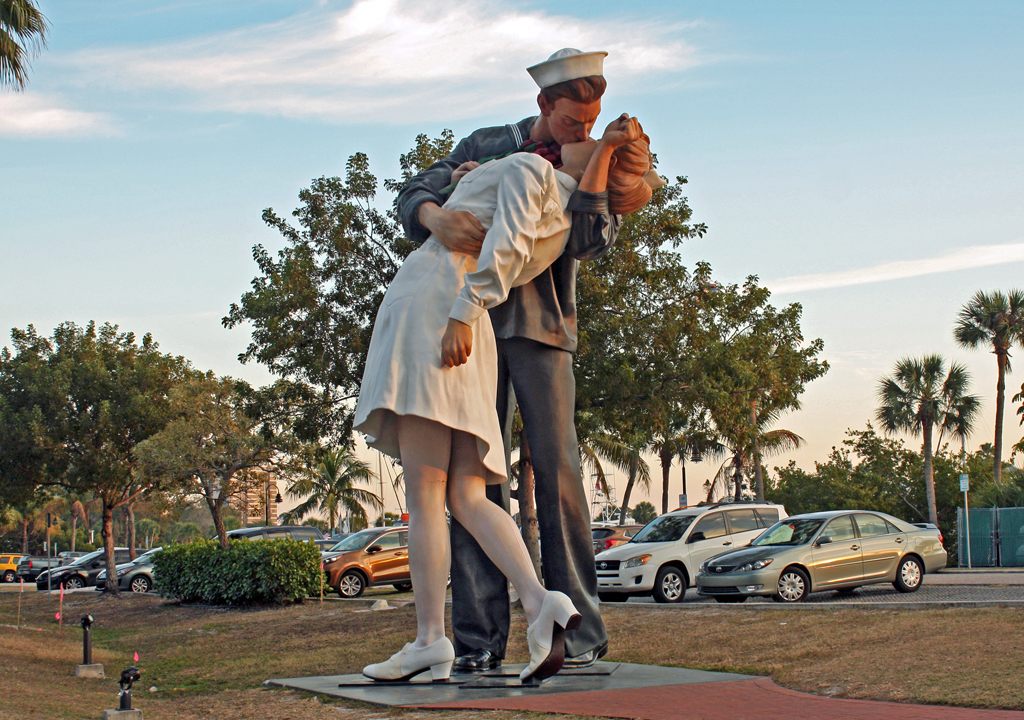
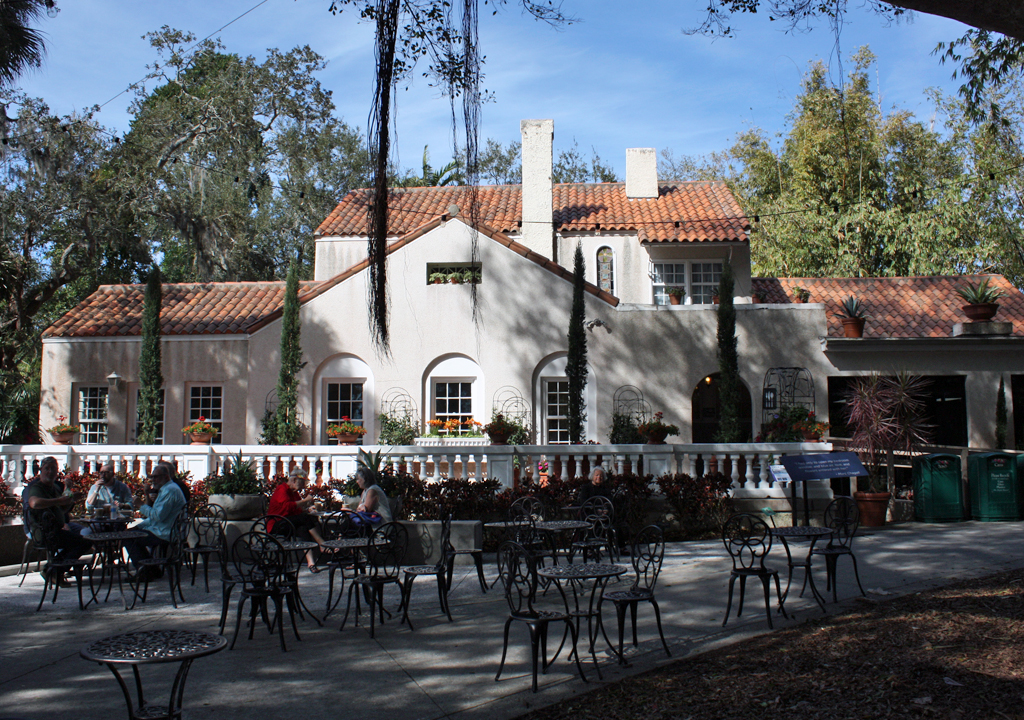
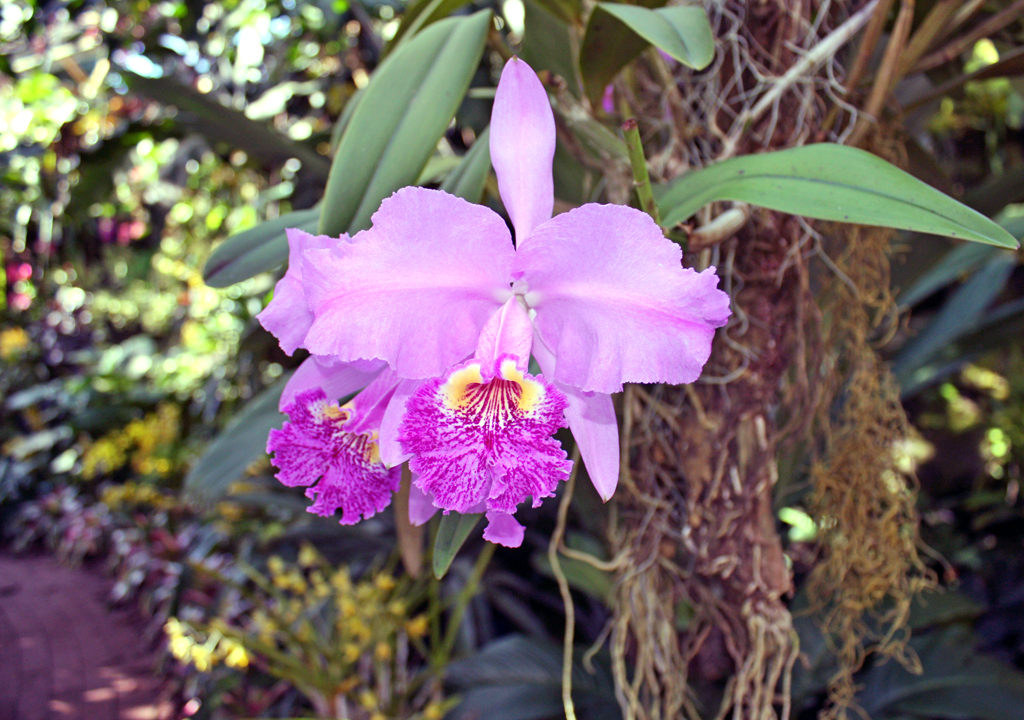
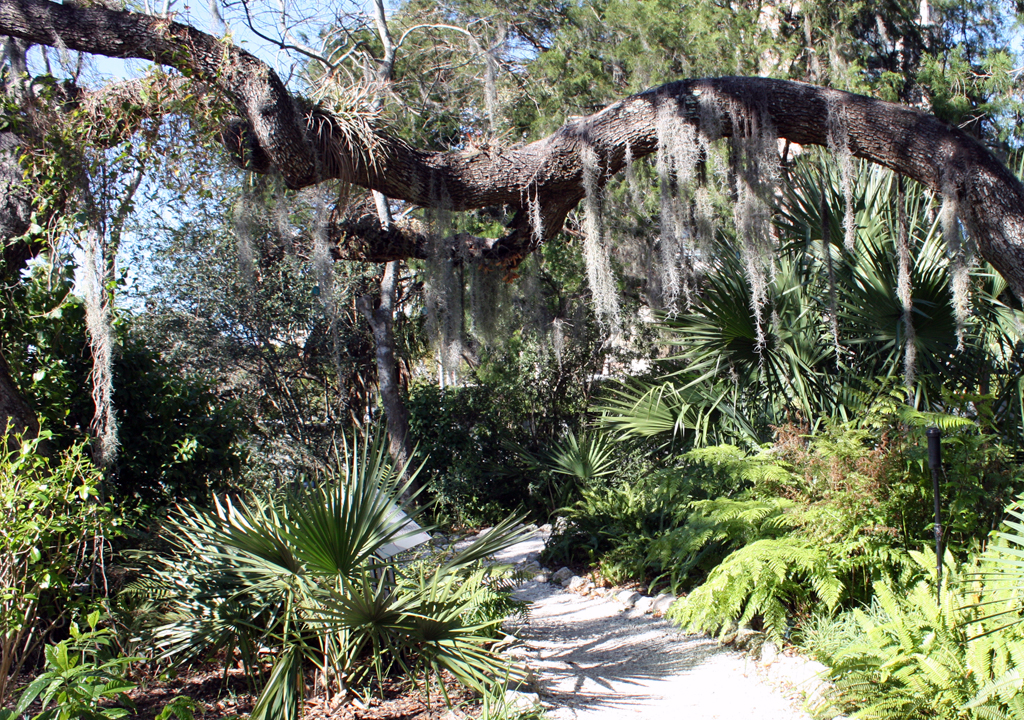
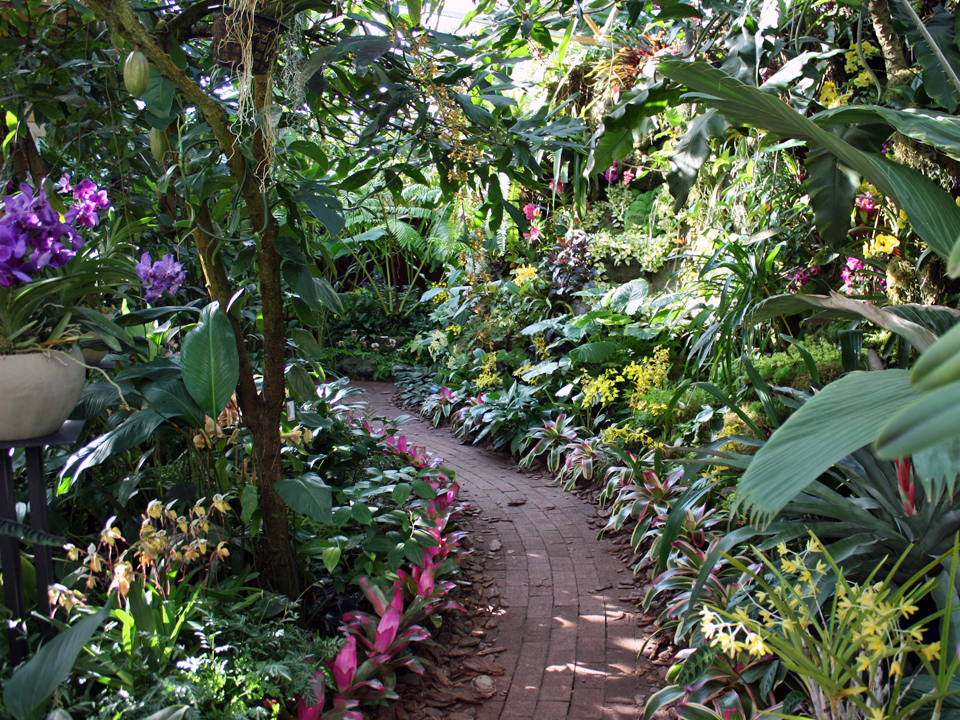
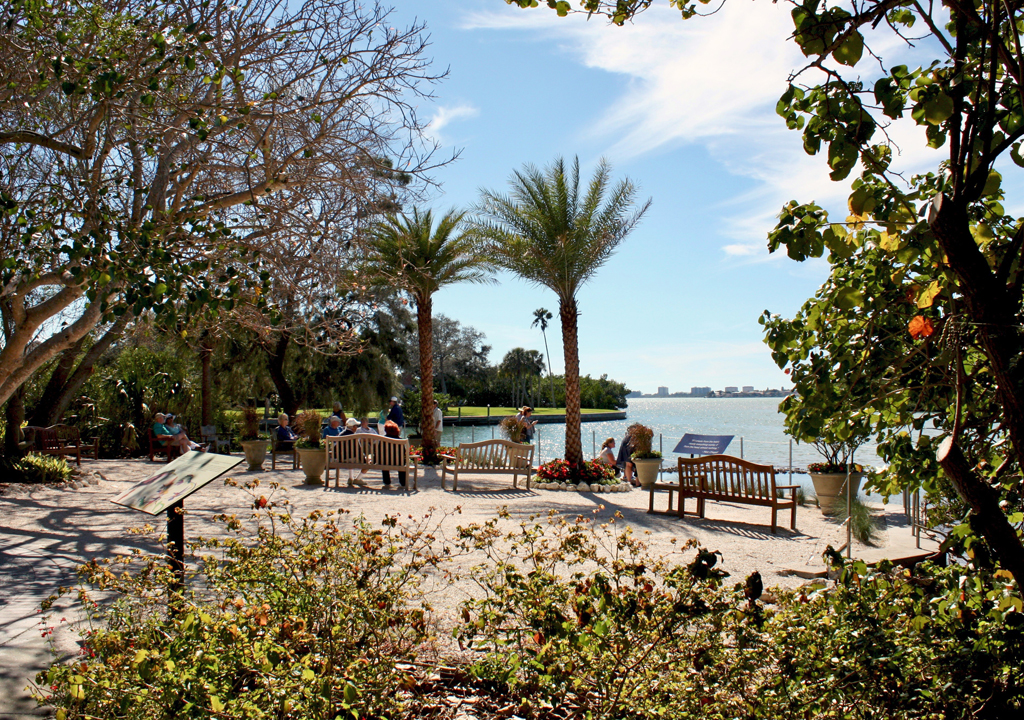
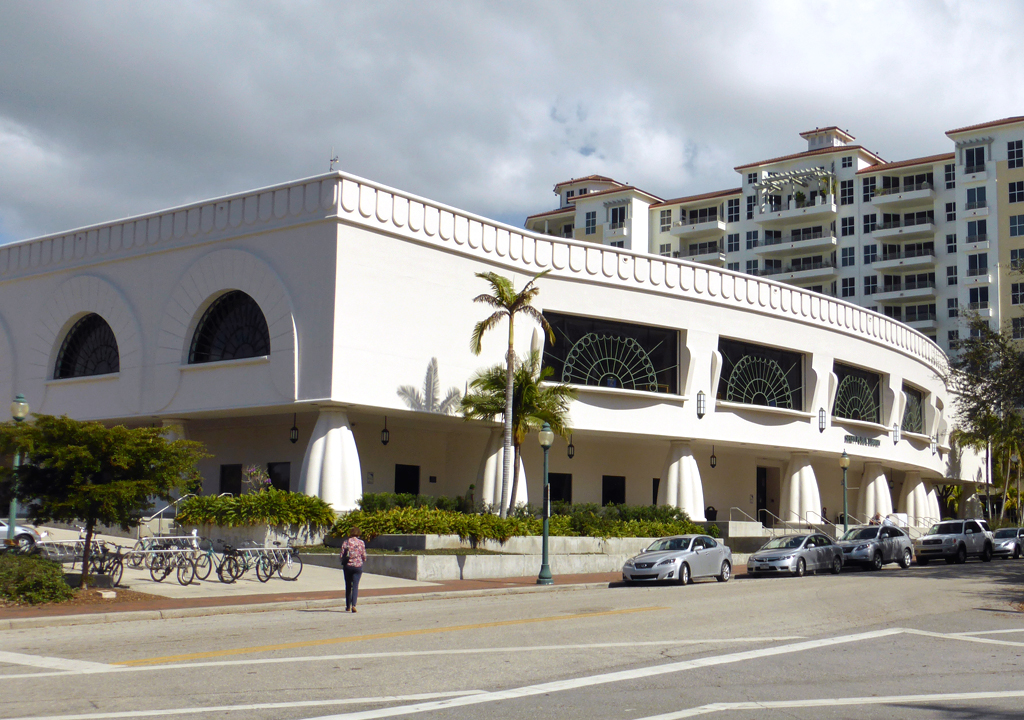
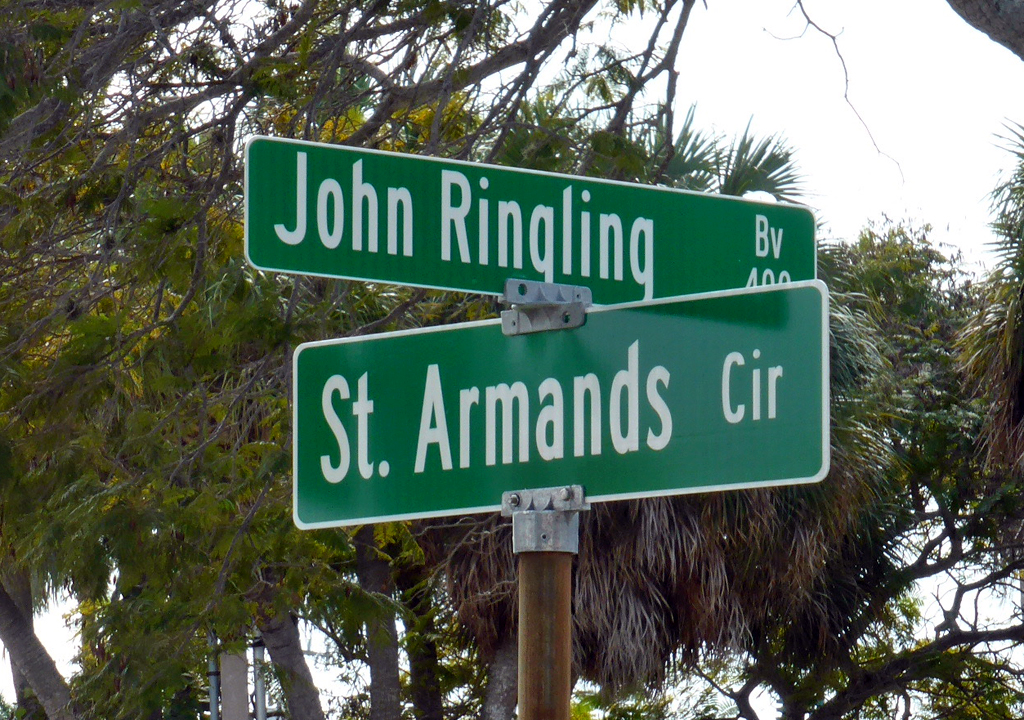
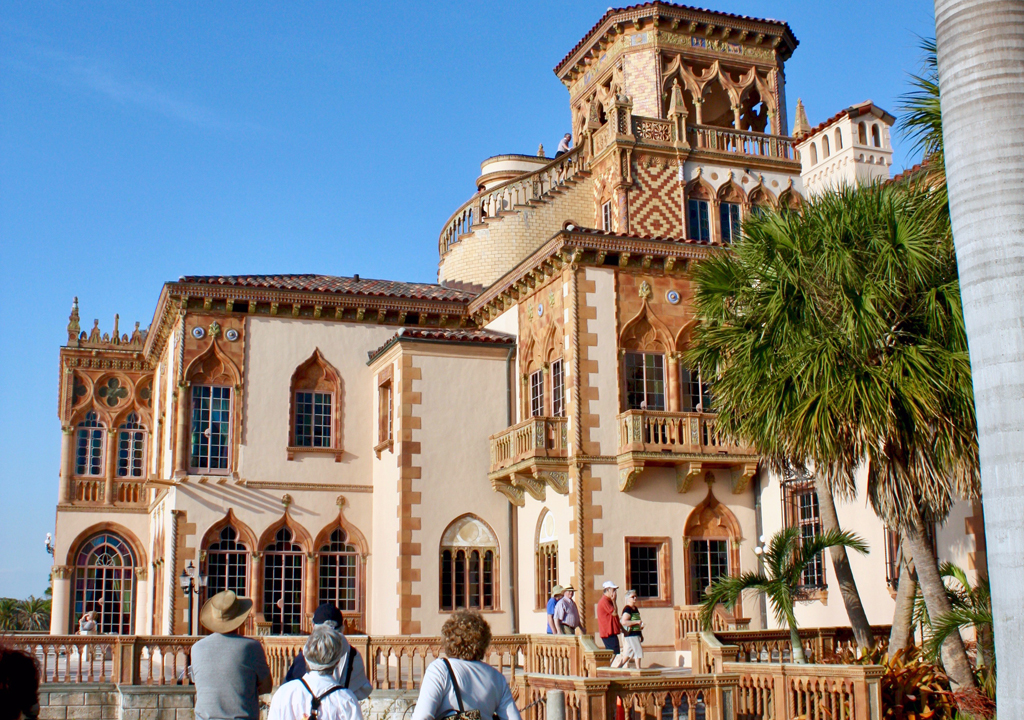
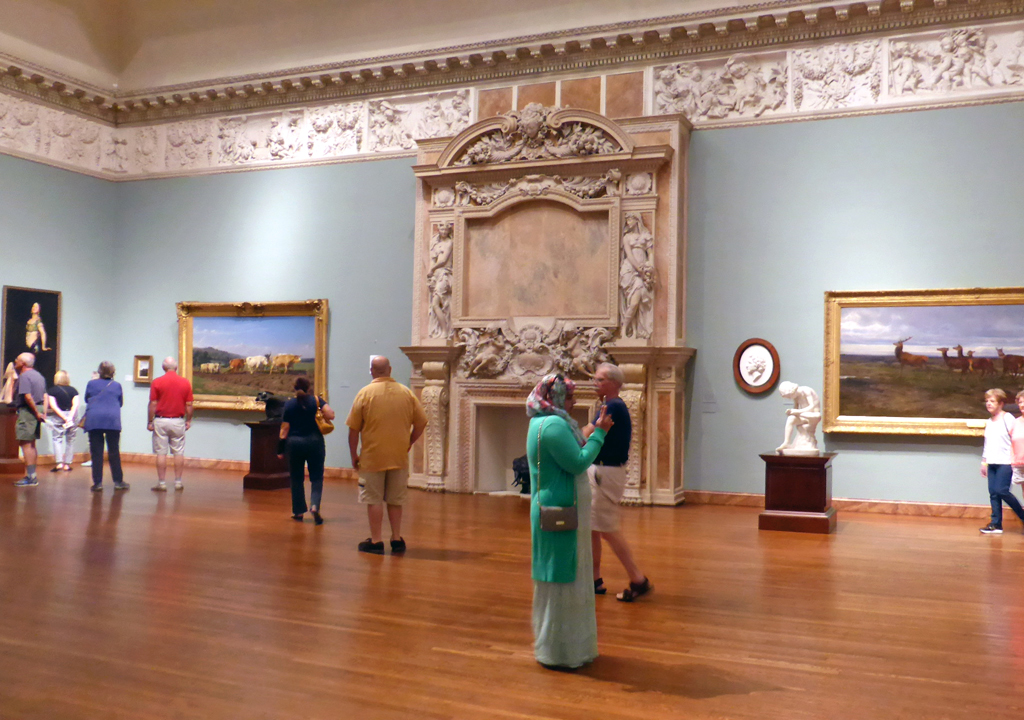
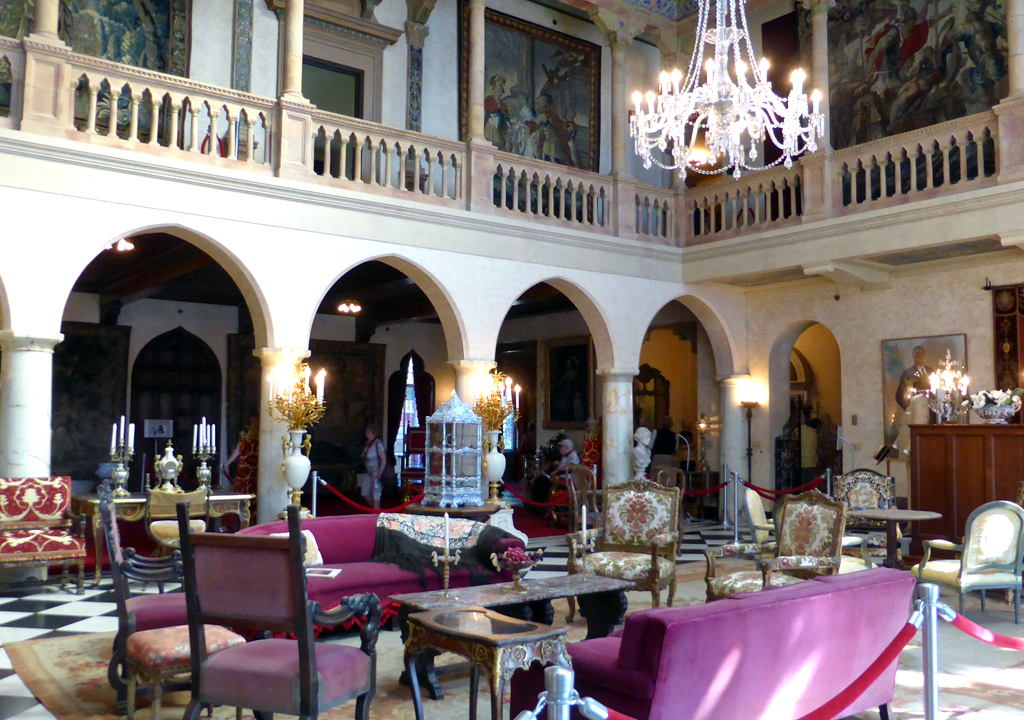
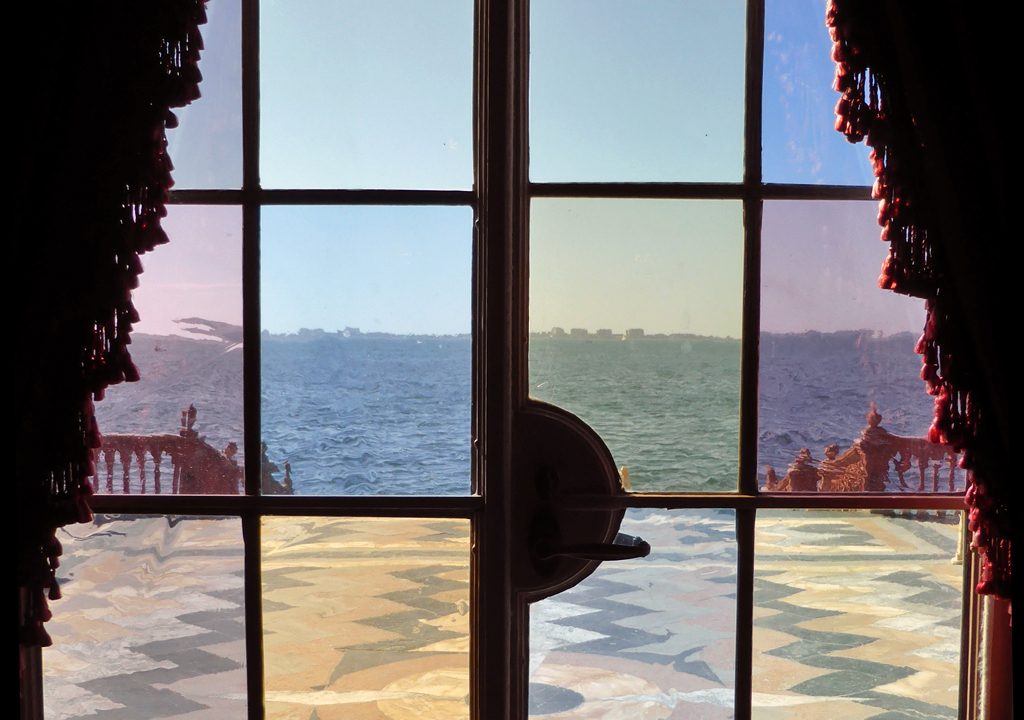
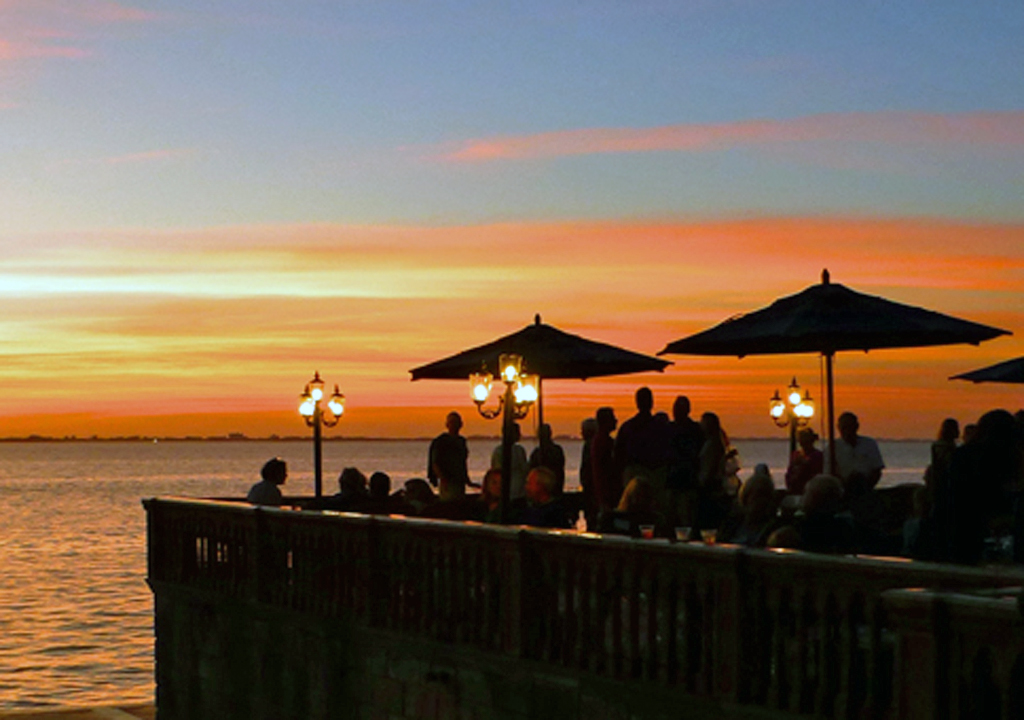

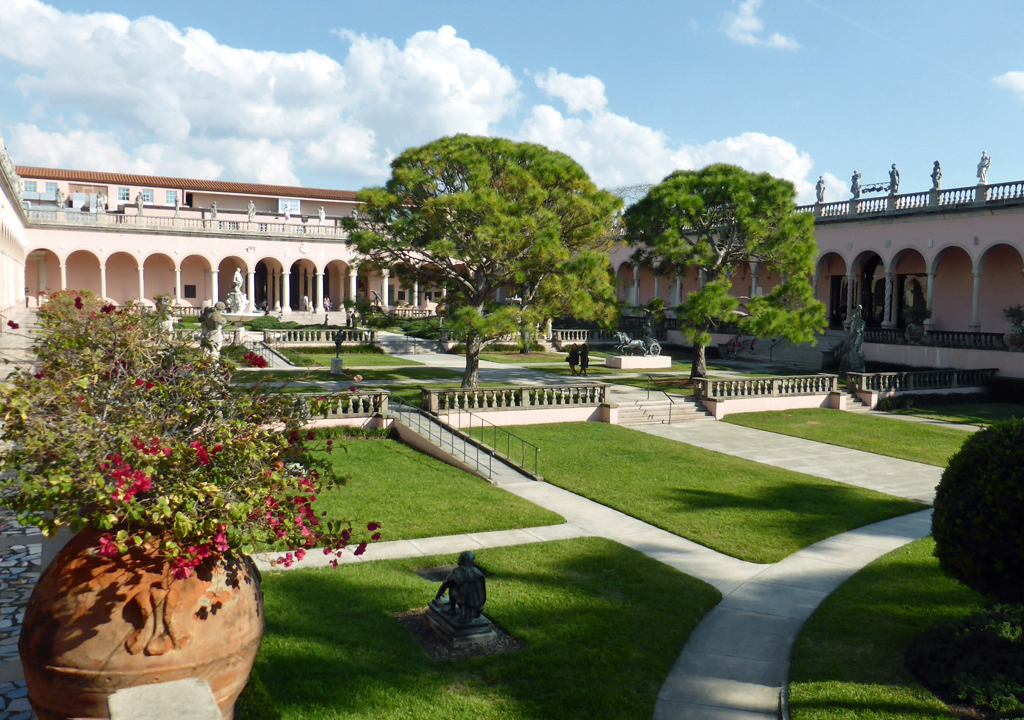
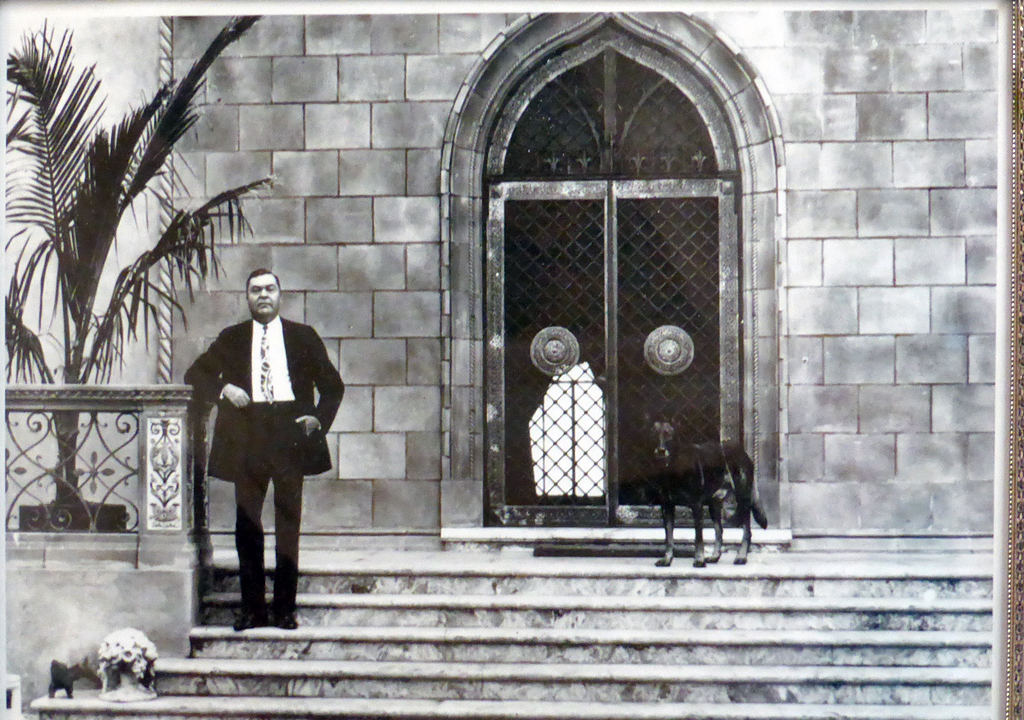
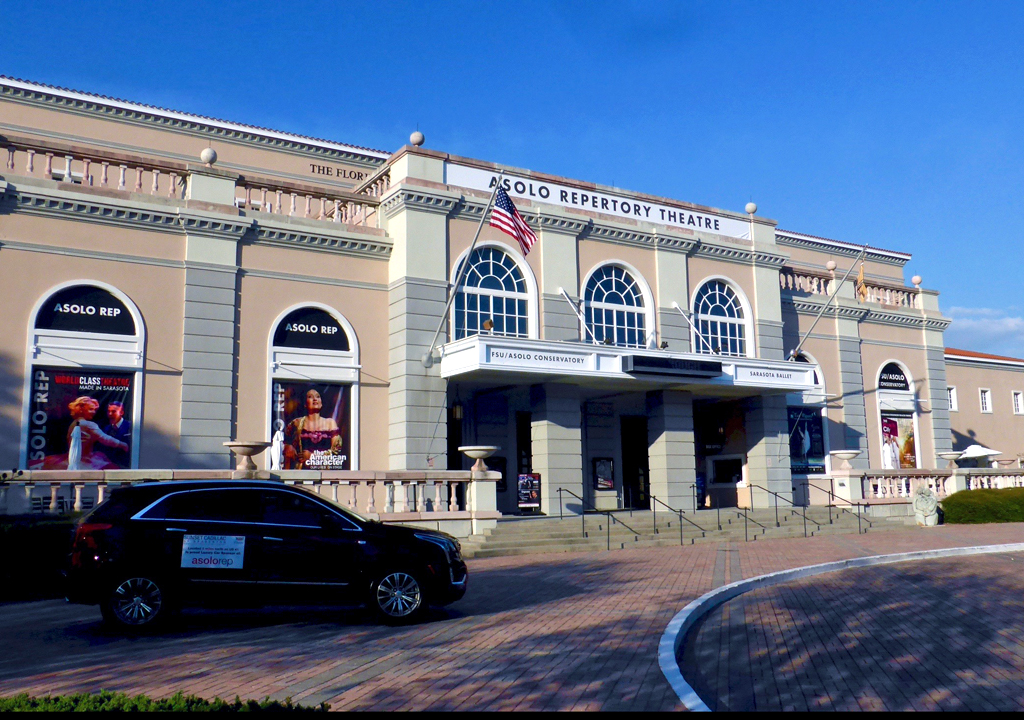
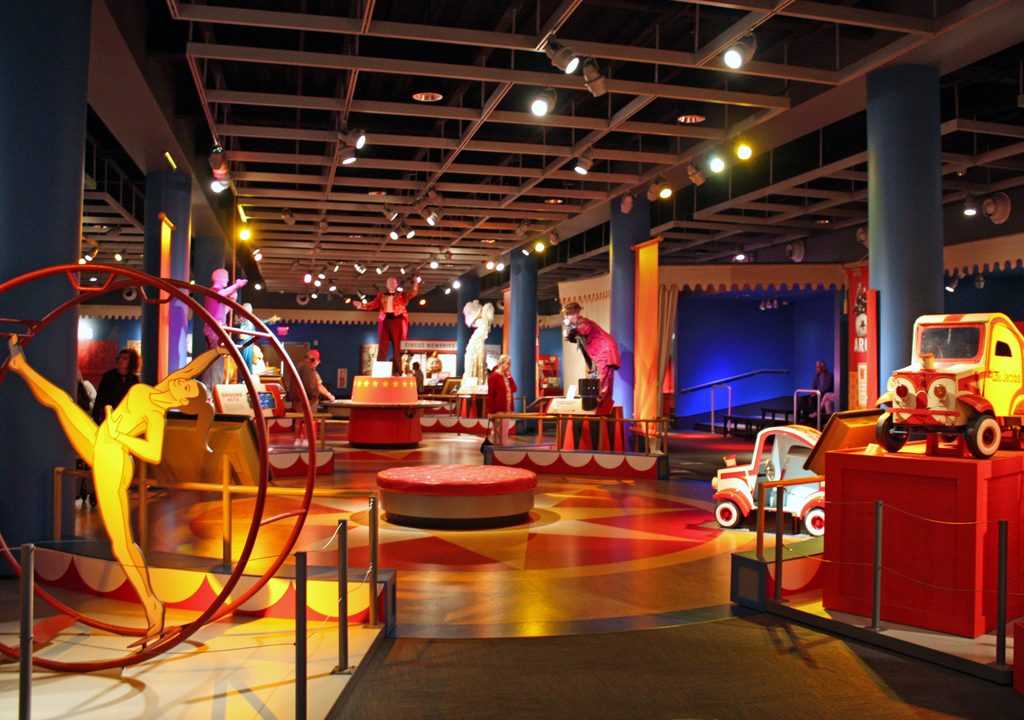
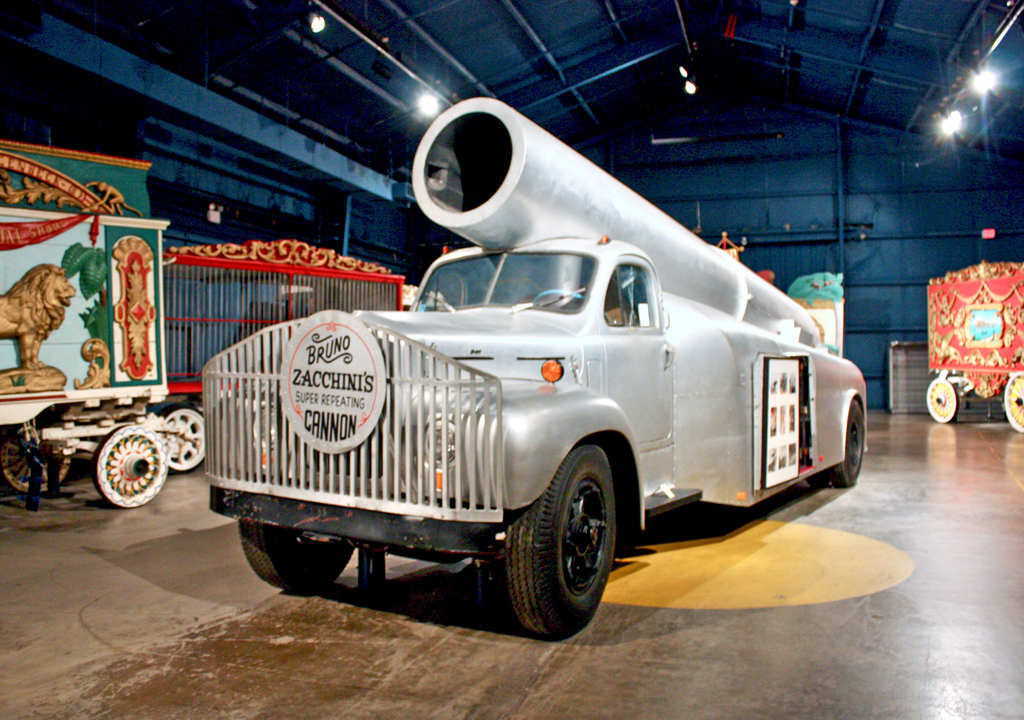
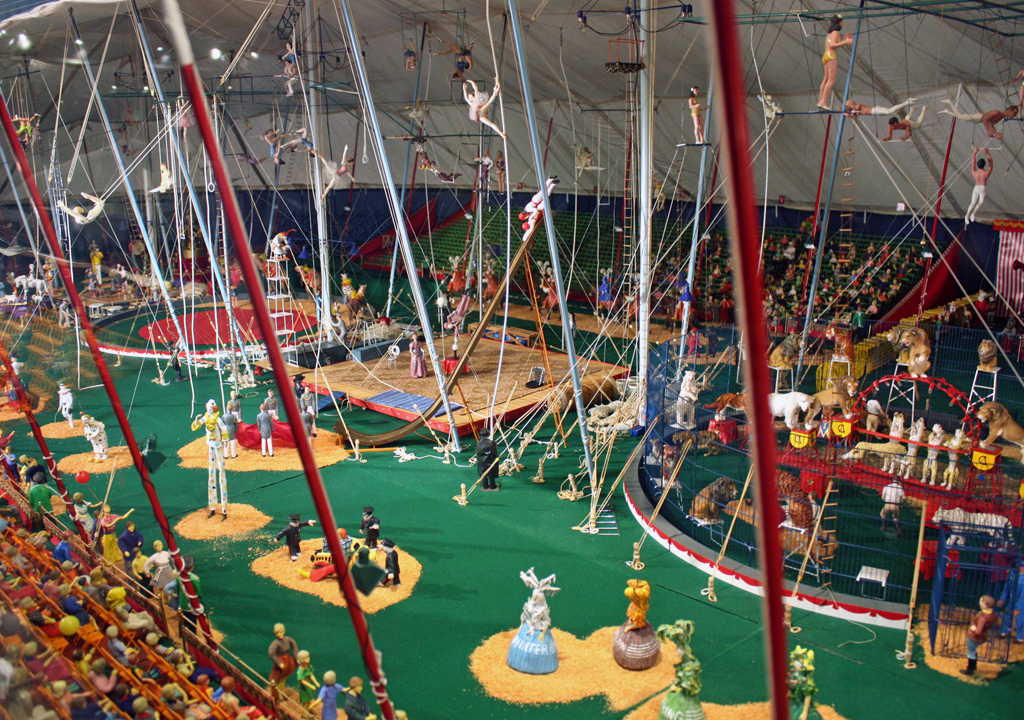
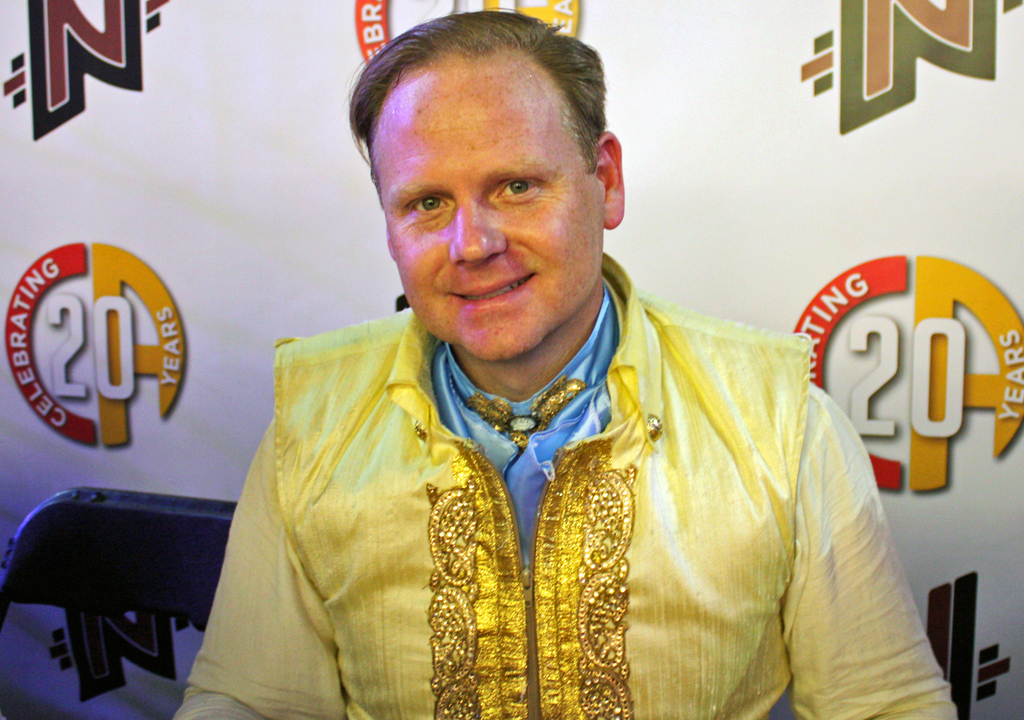
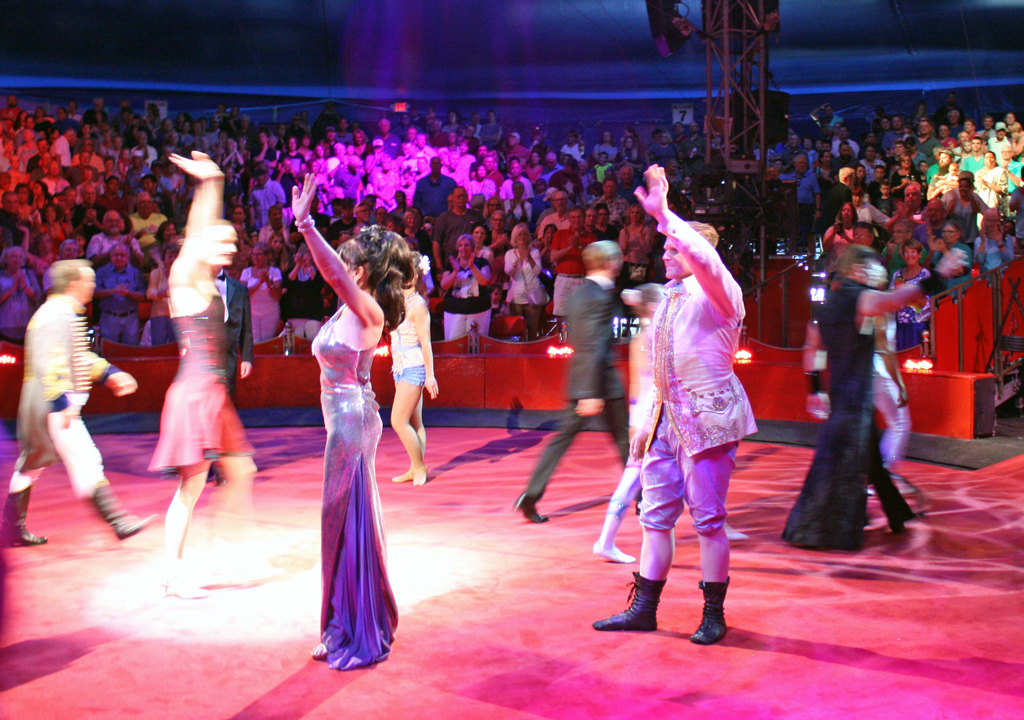
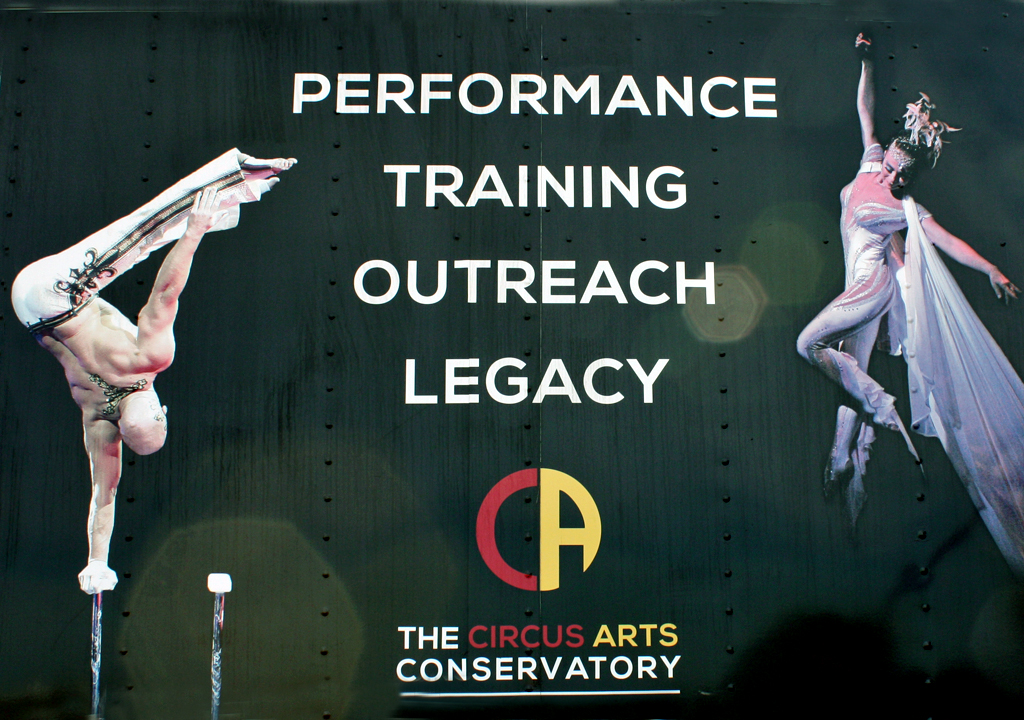
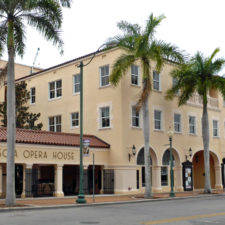
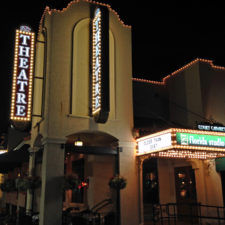
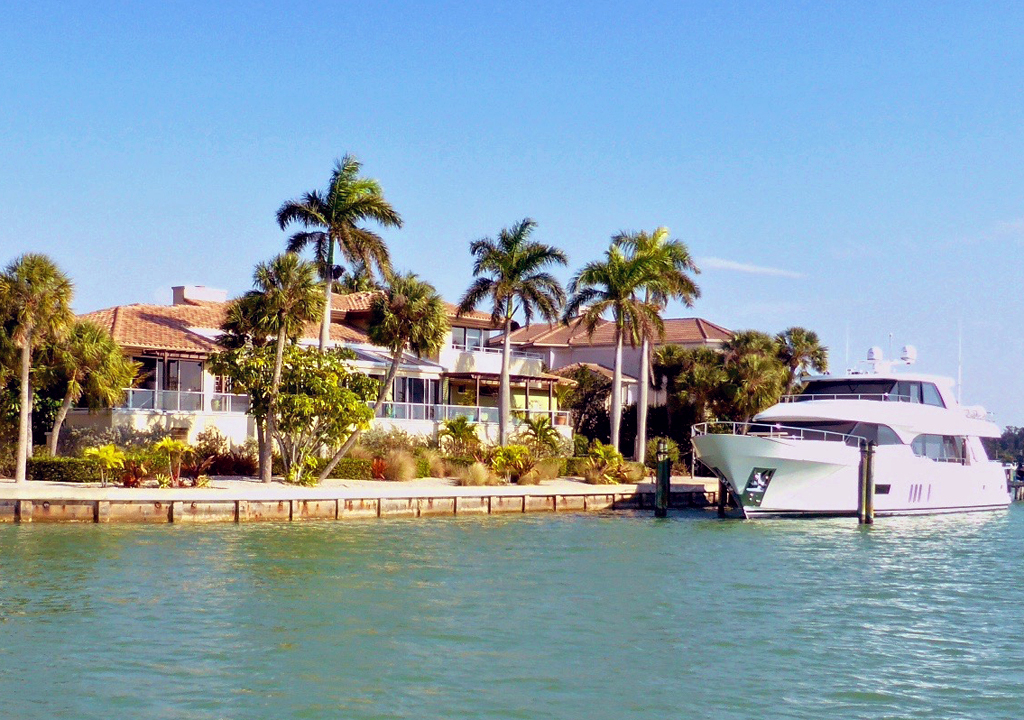
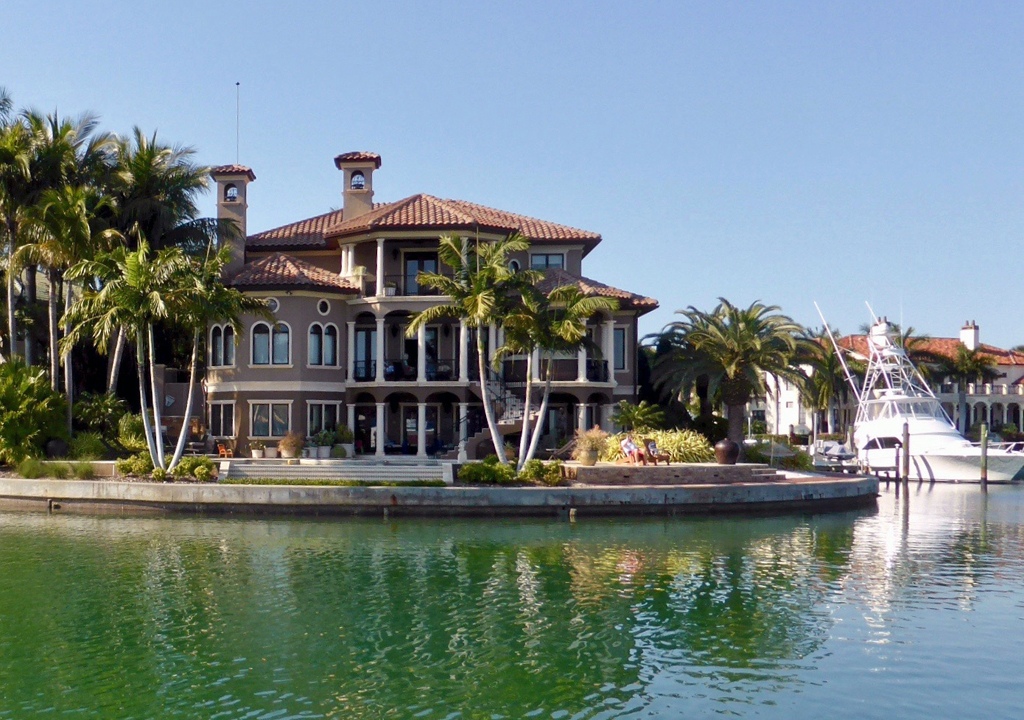
I feel the same about Las Vegas… but.. tourist keep the city thriving. Like or not
Nice, but the traffic here is getting unbearable. We don’t need any more visitors
The traffic is, unfortunately, inevitabile in such a desirable location!